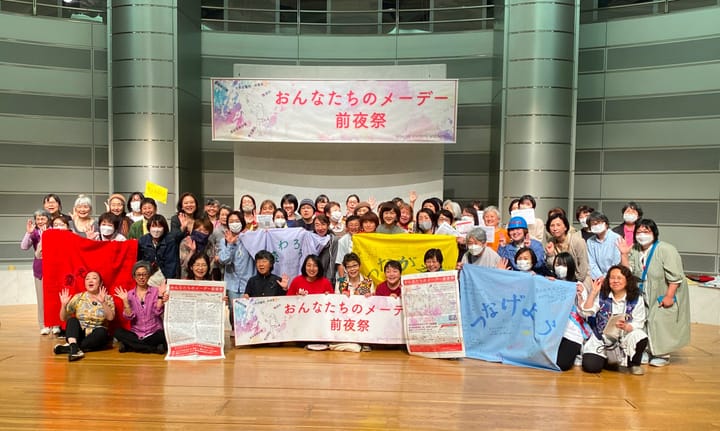Care helpers sue state over pay and workplace violations

Three long-term nursing care helpers have taken the state to court, citing workplace violations of the Labor Standards Act and wage theft.
The workers, who are women in their 60s from Tokyo and Fukushima, filed the lawsuit with the Tokyo District Court, each claiming compensation of ¥3.3 million.All three were dispatched to visiting care locations that they claim violated the labor standards law and failed to provide sufficient renumeration for their work.
The plaintiffs pointed out that under the current system where the law is not observed in nursing care settings, the responsibility for poor working conditions lies not with the establishment in question, but with the care system itself. Under that system, the Labor Standards Act cannot adequately protect workers, they claim.
According to the suit, the plaintiffs and other caregivers are forced to work under conditions that do not comply with the Labor Standards Act because the long-term care system has adopted “market fundamentalism” and the system has been repeatedly modified to maintain it.
Furthermore, the state of care in the nursing care field, where the Labor Standards Law is not being observed, was caused by the state having regulatory authority but choosing not to exercise that authority, the plaintiffs claim.
At a press conference in Tokyo, plaintiffs pointed out what they claim is a flawed payment system whereby helpers’ pay is broken up into short-time payments and forgoes any compensation for travel time between care sites and sudden cancellations. Originally, welfare workers tend to have lower wages than other industries, but this is especially true of caregivers.There are fears that the unfavorable conditions of nursing care work will lead to a shortage of care workers and the system itself will be unsustainable.
With regards to the national care service policy of improving care efficiency by increasing the number of cases per helper and shortening the time spent per client, one of the plaintiffs, Michika Fujiwara, said: “You can no longer call that nursing care.” Another plaintiff, Midori Ito, pointed out that the low renumeration that was unbefitting of the work being done was simply “rewarding exploitation,” adding that the state “has used women’s high nursing care skills as they wish.”
Regarding the efficiency of nursing care, the third plaintiff, Masako Sato, said it meant she “can’t provide suitable care” for each person she cared for. “If If I were to listen patiently to a client who cannot use language very well, I would go over the allowed time.”
The burden of such overtime would fall on the client, making it problematic to include that in the work record, she added. As a result, the burden of the overtime was carried by the helper in the form of gratis overtime.
“Under the current long-term care system, it is not possible to provide sufficient care when care is chopped up and sold as products,” said plaintiff Ito. “I don’t want to be a helper who turns his back on the user and goes home. I want to work as a human being. “


